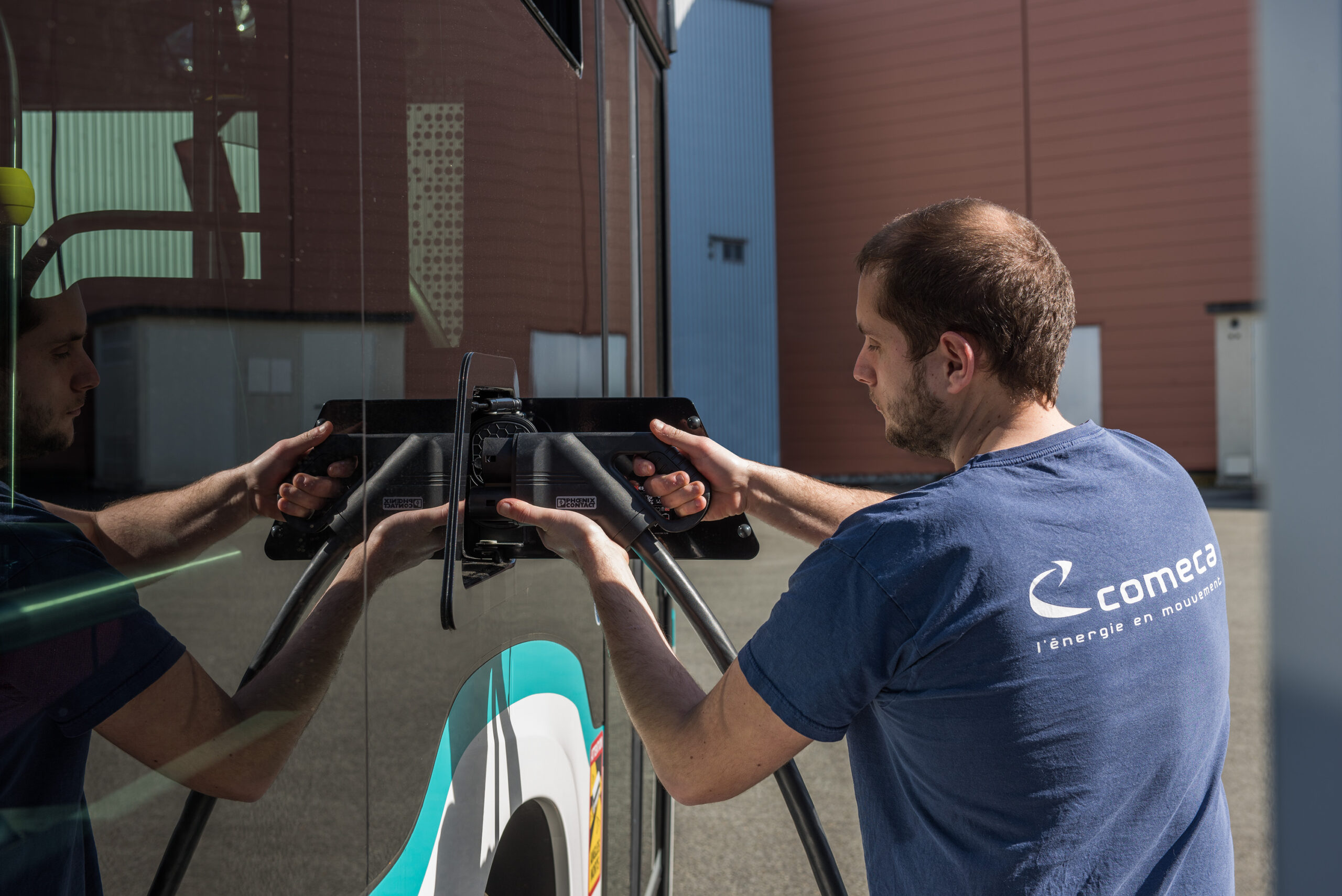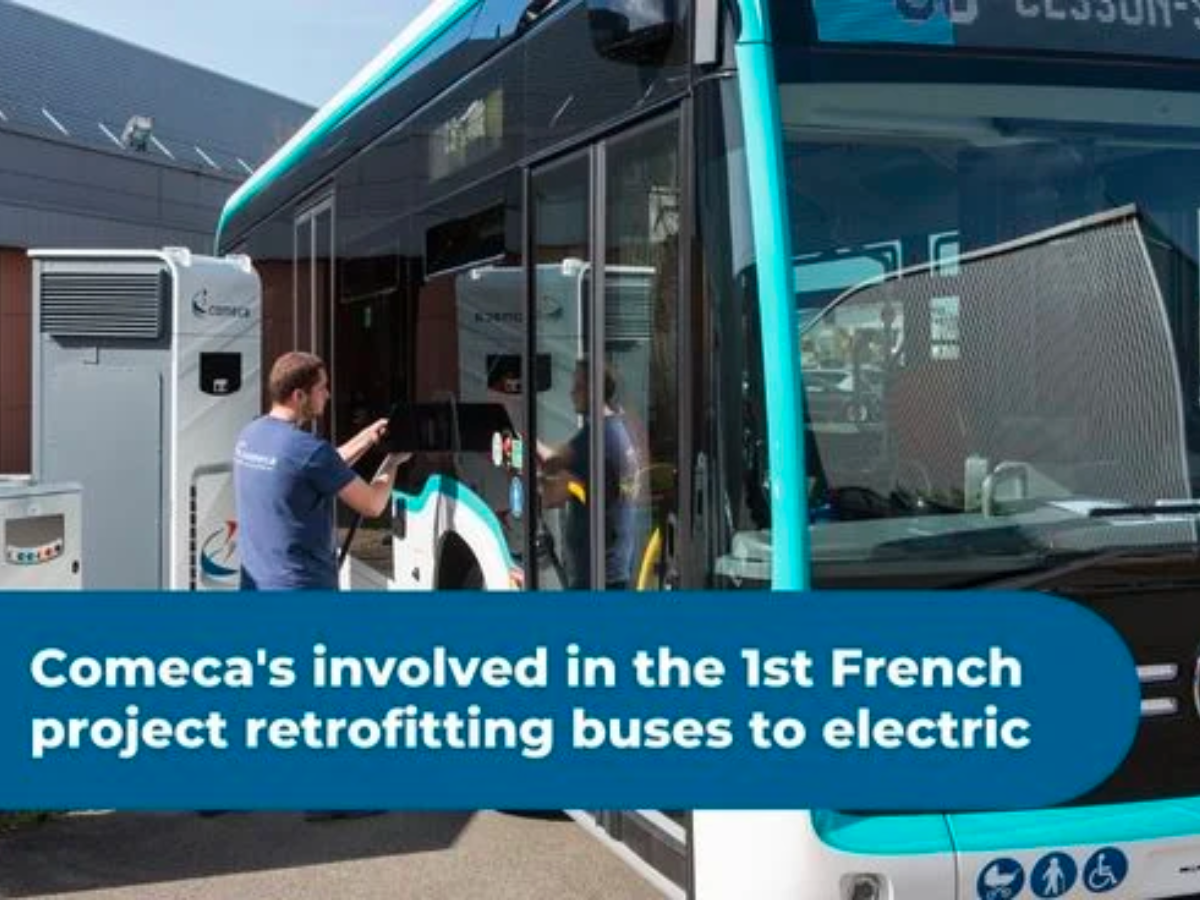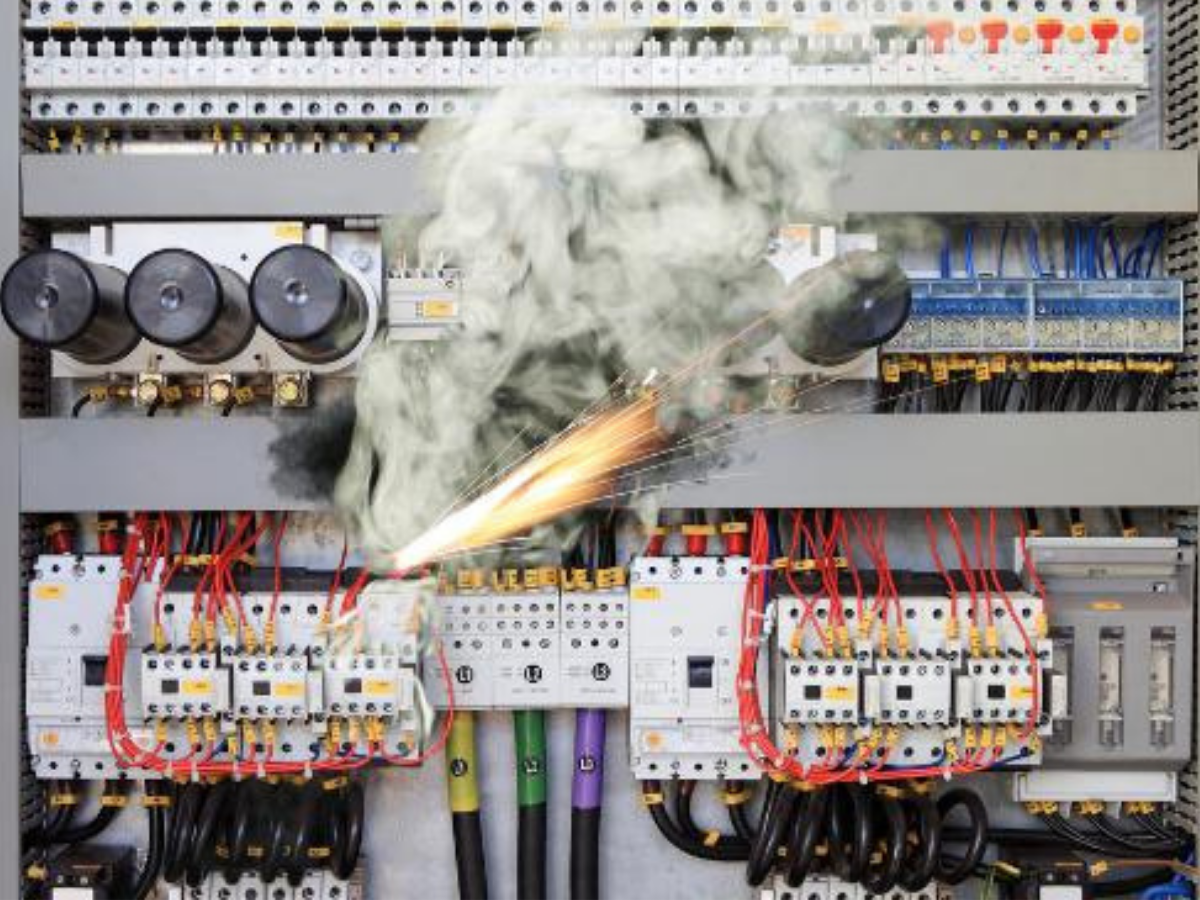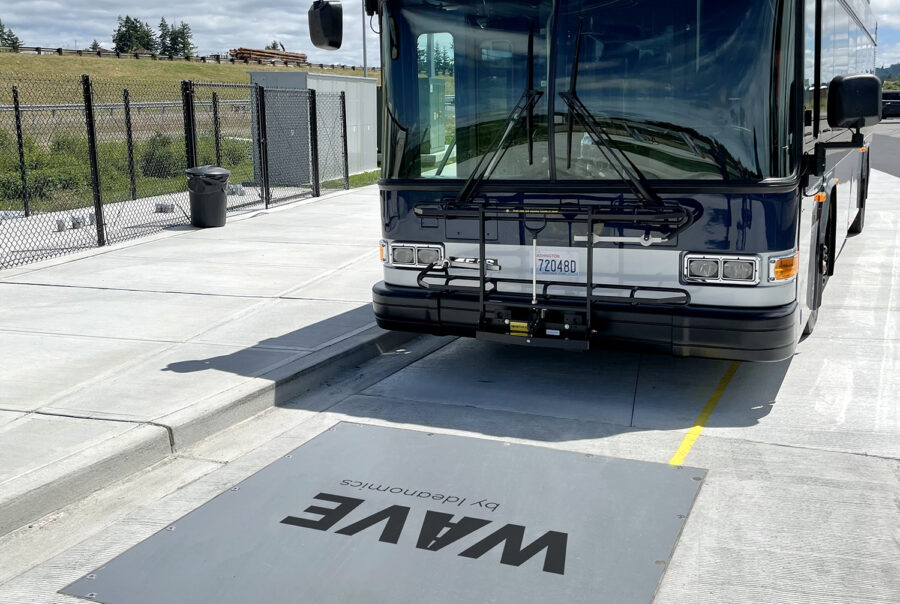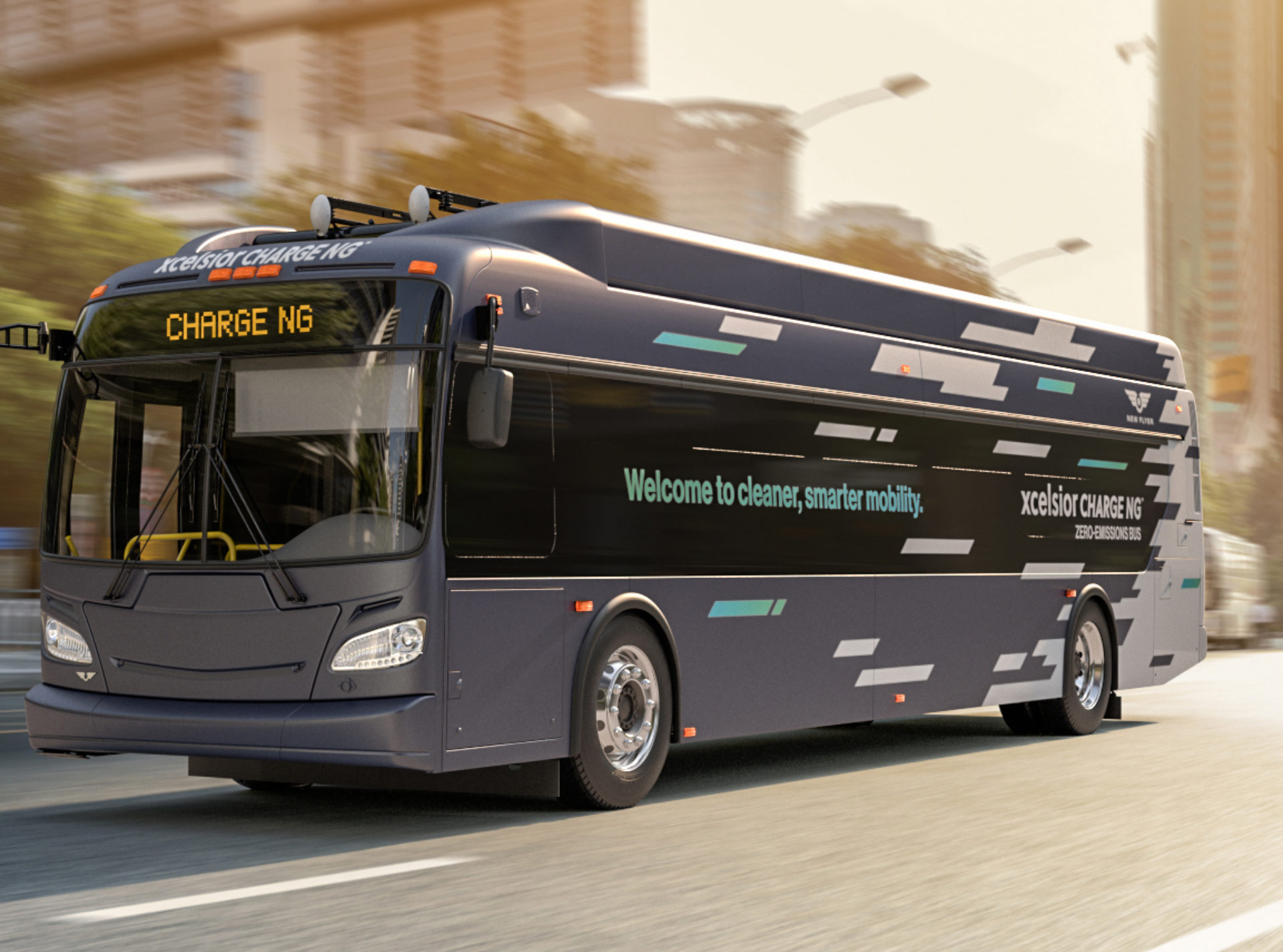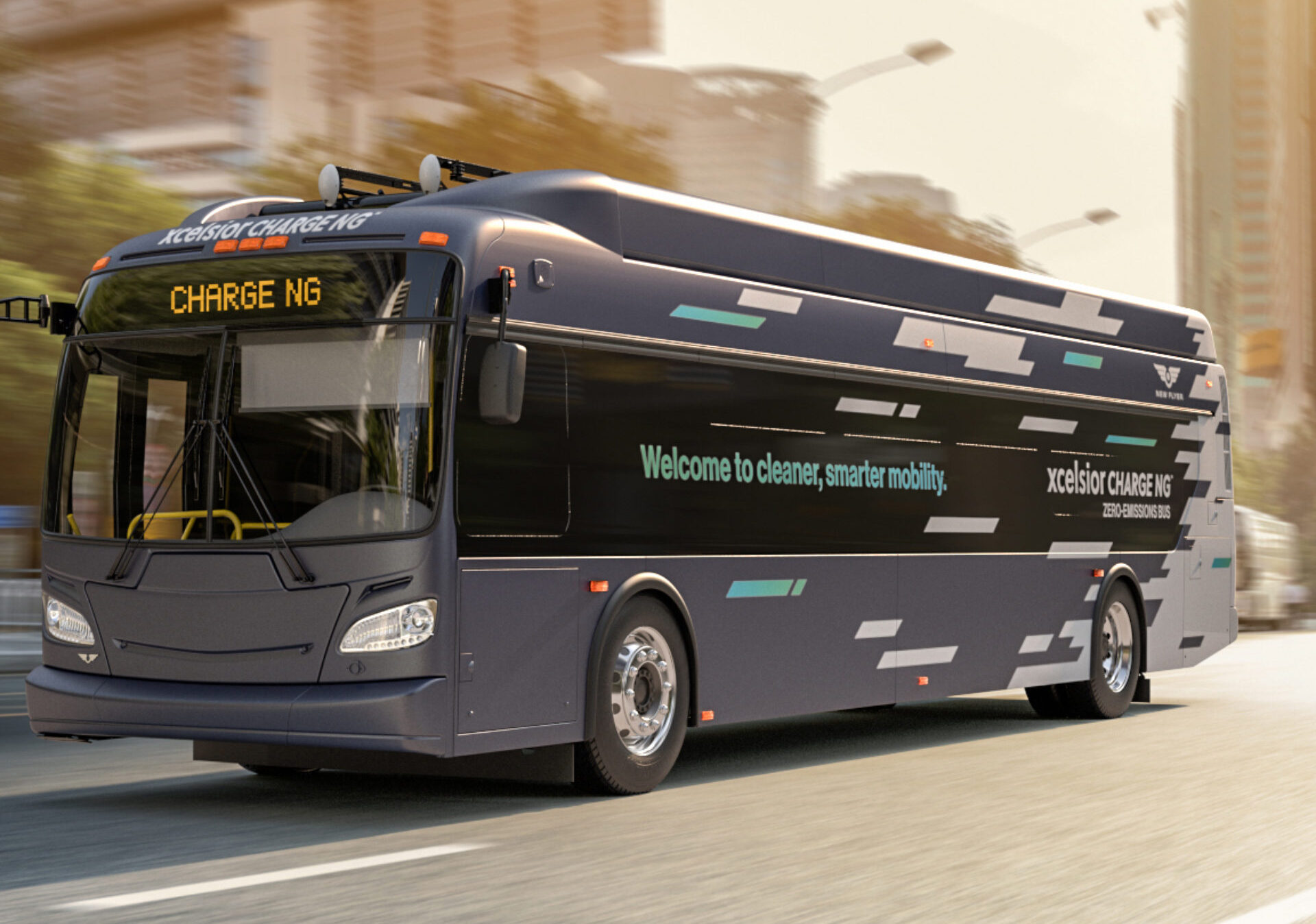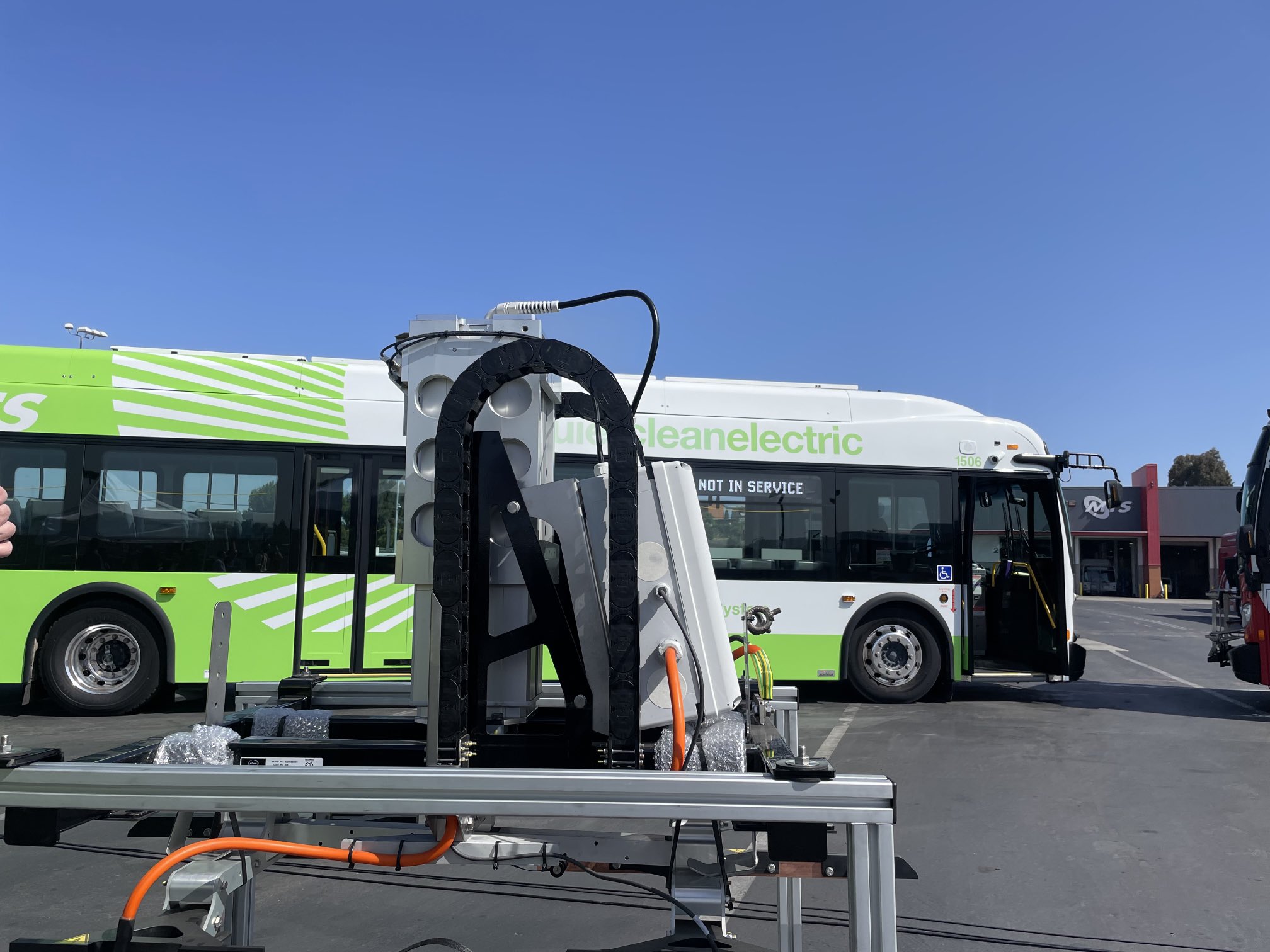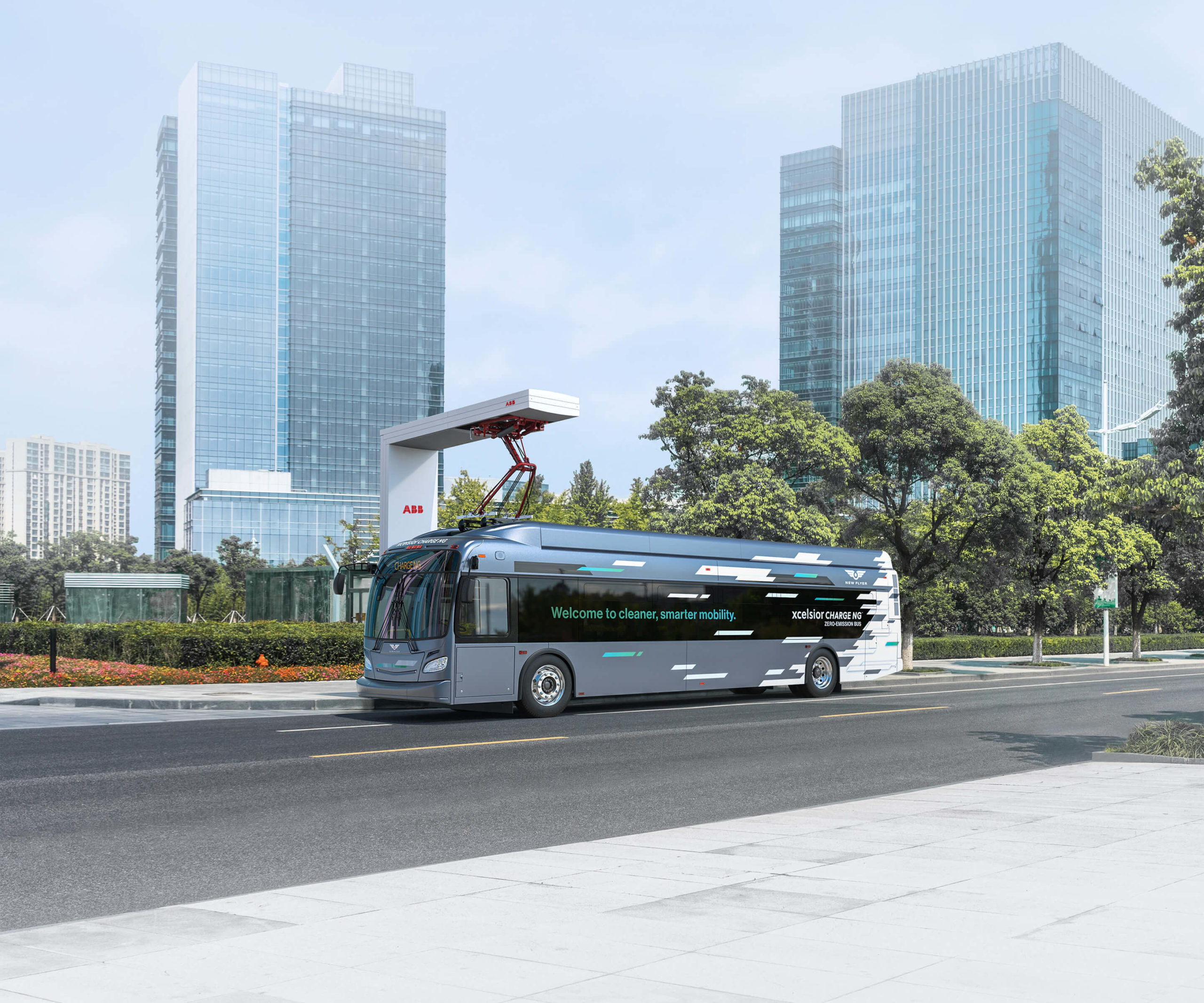Urbanisation requires electric mobility solutions that are consistent with spatial planning policy.
Efficient transport and mobility, based on a balanced mix of public and private transport, which depends on the characteristics of each city and remains a key point in their growth strategy. The electrification of mobility modes is well underway. Numerous electric and hybrid buses are currently in operation in European cities. They are proving their technical and economic relevance and will develop massively in the coming years.
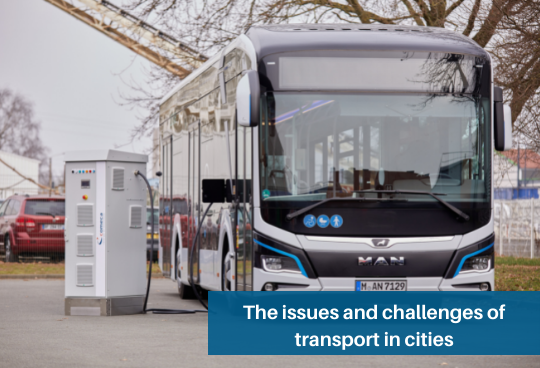
Urbanisation and Electric Mobility: The Benefits
Preserving Air Quality
The impact of urban transport on air quality is no longer debated. What is still debated is how to reduce this pollution, which is responsible for various pathologies. Consideration of traffic restrictions in city centers for the most polluting vehicles raises many issues, but in the medium term they seem to be essential to restore air quality. Among the levers of action for local authorities, the choice of new technologies for public transport, for which they are responsible, seems obvious. It seems essential to maximise emission reductions and stimulate green mobility through better regulation.
The major advantage of electromobility is that it does not emit any polluting gasses (NOx and fine particles) that are harmful to health, which makes it a virtuous solution in areas frequented by pedestrians. The carbon footprint of the electric mode is certainly not neutral (manufacture and recycling of batteries, origin of electricity, etc.) but unlike diesel buses and other types of alternative energy buses, the electric bus does not generate any CO2 emissions during the driving phase. Electric buses are non-polluting locally, which is an advantage over their diesel counterparts. 0g/person/km: this is the amount of greenhouse gas emissions of a 12m electric bus in the driving cycle compared to 80 to 120g for a diesel bus.
Quieter Buses
Electric motorisation also has the advantage of making vehicles equipped with it significantly quieter than their thermal counterparts, which is particularly valuable for buses, since it is not uncommon for city dwellers to complain about the noise pollution generated by thermal buses in circulation.
A Political Will in Favour of Electric Mobility
A Policy That Sets the Course
Cities need efficient, high-quality public transport systems that can meet the increased mobility needs of businesses and citizens. Their mission is to increase efficiency, avoid congestion, reduce emissions and improve safety.
Zero-emission urban mobility is a game-changer in the realisation of the social and sustainable city of the future with the minimum requirement of alternative fuel or electric buses without compromising overall service quality, reliability or passenger comfort and safety. The key strategy for reducing CO2 emissions in cities is to encourage a shift from individual to collective transport and “soft modes”, partly through the attractiveness of urban buses. In this respect, supporting fleet renewal with clean vehicles and implementing policies for a shift to public transport should lead to cleaner cities and improved urban mobility.
The Legal Constraint, Which Stems from a Political Will
Governments are declaring new ambitions to reduce CO2 emissions, particularly under the Green Deal.
Current regulations in France, such as the law on energy transition for green growth and its objective of greening public bus fleets, require a minimum proportion of vehicles with more environmentally friendly engines when renewing the fleets of metropolises, large cities and local authorities. This proportion will become total from 2025. This is because planned journeys in the city generally allow for better management of the range issues associated with electric buses. Urban access restriction schemes are also used as tools to plan for the achievement of the objectives set by the urban mobility plan of each city. One example is the Low Emission Zone (LEZ) project, which will eventually restrict the circulation of vehicles categorised as the most polluting in large cities.
The Financial Prism
An Investment That Pays off over Time
Although the purchase price of an electric bus is higher than that of a Euro 6 internal combustion bus, it is important to take into account the refueling costs of this type of vehicle, which are much lower than the costs of a full tank of diesel fuel, which makes the purchase of an electric bus worthwhile over time.
The cost of a full year’s supply of electricity is already much lower than the cost of a full year’s supply of diesel fuel, even without optimising vehicle recharging and without taking into account a possible increase in the carbon tax associated with oil products. Combining electric mobility and self-generated power can also make economic sense.
Mobility Aids
The authorities have sought to encourage the adoption of less polluting vehicles with a range of support measures for fleet greening projects. Subsidies exist to encourage local authorities and companies to acquire electric buses and to adapt depots in the context of electrification work in particular. The Banque des Territoires also offers loans to local authorities to accelerate the implementation of the energy transition. One example is the “clean bus” platform, launched in January 2021, which has been allocated a budget of 200 million euros.
The Electric Mobility Players
Bus Manufacturers
The challenges of urbanisation are creating new opportunities for innovative technologies and companies to bring growth and prosperity. The industry is committed to continuing to shape future mobility and urban transport in a sustainable way.
Technology is constantly evolving and manufacturers are busy with zero-emission vehicles. For urban and interurban applications, battery electric buses are a more viable solution and it can be assumed that by 2030, nine out of ten city buses will be delivered with electric drives.
Just like the charging solution provider, it is essential that the bus manufacturer accompanies the operators in their first steps into e-mobility. They will monitor the health and condition of the batteries during the contract period and then ensure the second life and recycling of the batteries.
Mobility Operators
Buses provide an important part of urban travel. In a context of strong demand for public transport in response to the increasing cost of car use, public transport operators will have to invest in their vehicle fleet. Given the need for local authorities to provide concrete responses to air pollution, and solutions that demonstrate economic interest, these investments should lead to a massive introduction of new electric and rechargeable hybrid engines.
Mobility operators support public transport organising authorities in their ambition to take up the challenge of energy transition and to set up decarbonised fleets in cities and communities. Indeed, the implementation of electric buses on a public transport network requires studies to identify the best solutions. The diagnostics to be carried out concern the lines (distance, relief, operating range, terminus, etc.) and the depots (power supply, workshop, etc.).
Electrically powered vehicles are currently more expensive than their combustion counterparts. These vehicles must be integrated into a complete infrastructure, which tends to increase investment considerably. It is at this stage of preliminary and global reflection that the manufacturer of the electrical and recharging infrastructure will be able to provide the best solutions to reduce these investments and help operators to improve their operating balances.
This article was originally published by COMECA GROUP.


